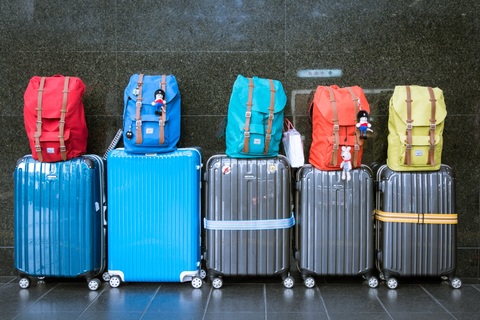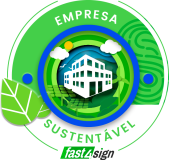A problem at the customs when arriving to Brazil certainly is a recurring concern for most travelers, who often don’t know exactly which products are subject to charges.
To assist who is planning a trip abroad avoiding unwanted situations at the airport, Levycam provides a complete guide of what a traveler cannot bring from abroad as baggage.
What are the new rules?
Since October 1st, 2015, the Brazilian Internal Revenue Service is applying new rules regarding the entry of products in the country, changing the list of exempted items and the quantities permitted. It is important to highlight that every passenger has a maximum quota of expenses which are tax free, equivalent to USD 500 (by air) or USD 300 (by land, sea or river).
– Clothing, accessories and cosmetics
The items are considered for personal use, and are exempt from the payment of charges. However, although there is no maximum amount specified of clothing items or products, these items should be consistent to the total duration of the trip. If it is a trip of two or three days, a quantity of clothes larger than the normal for that duration can cause some kind of suspicion at the moment of entering the country.
– Electronic goods
According to the new rules, the traveler will not be charged for having electronic goods, such as cameras, smartphones and tablets, as these are also considered for personal use. However, the exemption only applies when the passenger has one unit of each product, which might have been used during the trip and it must be without its original packaging.
On the other hand, camcorders, laptops and video games do not enter the country with this benefit, as these are included in the USD 500 maximum quota related to imported products.
How can I prove that I didn’t acquire an item during the trip?
In order to prove the purchase of the goods in Brazil, the traveler must have the invoices issued by a Brazilian establishment. If the item was purchased abroad previously, you must present the DBA, issued by the Brazilian Internal Revenue Service, which specifies that a particular item was acquired in another trip.
– Cash
To enter or leave the country with an amount higher than the actual R$ 10,000 in cash, travelers checks or checks, the traveler should have the Accompanied Baggage Declaration (DBA) and the Electronic Declaration of Valuables Carried(https://www.edbv.receita.fazenda.gov.br/edbv-viajante/pages/selecionarAcao/… ) (e-DPV), which can be filled in the website of the Brazilian Internal Revenue Service (http://idg.receita.fazenda.gov.br/).
If you are entering in Brazil with this amount in a foreign currency, the traveler should submit to customs the receipt related to the acquisition of foreign currency of the institution in which the exchange operation was performed. In this case, it is worth mentioning the importance of acquiring the currency in reliable exchange brokers, since the absence of a legal declaration certified by an authorized operator can cause several problems to the passenger, which may involve even criminal measures.
– Baby Layette:
Is it permitted for the traveler to bring the baby layette from abroad as a baggage?
In this case, the passenger will not be charged only if the baby is with the passenger at the time of the travel.
What about the products purchased in the duty free?
If the goods were purchased on board, in international duty free stores or in the duty free while departing from Brazil, the products will be considered as part of the maximum quota on Customs, that means, it will be considered part of the USD 500 that every traveler is entitled. Purchases made in the duty free stores when arriving at Brazil do not enter in this taxation.
Need Help?
Are you going to travel and you need to buy or sell currencies (http://35.225.46.208/comprar-dolar-e-euro-cambio-turismo/)?
Check our experts and have peaceful travel!

